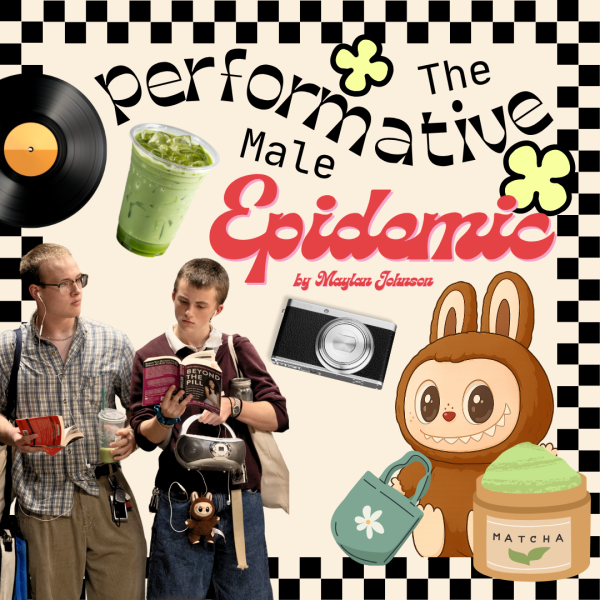Report: HOSA Students Study Lack of Diversity in Medical Teachings
For their community awareness project, a group of four HOSA students, Kavya Lamichanne, Penny Choy, Alexandria Shue, and Ansha Gupta, studied the lack of diversity in medical teachings, specifically dealing with the representation of different races in medical textbooks.
The group found that Science Direct, a leading scientific publication company, analyzed 4,146 images from four of the most common student health textbooks and found that the racial distribution from these pictures was 62.5% white, 20.4% black, and 17.0% people of color. Although this statistic is similar to America’s racial makeup, specifically, the skin tones represented in these textbooks were 74.5% “light,” 21% “medium,” and 4.5% “dark.”
They further explained that the disproportionality of people of color in the textbooks is harmful, as it is difficult to properly self-diagnose life-threatening illnesses, such as cancer, without an accurate depiction of everyone’s skin. The group cited Dr. Patricia Louie, a medical researcher at the University of Washington: “Mortality rates for some cancers, including breast, cervical, lung, colon, and skin, are higher on average for black people, who are often diagnosed at later stages of the disease,” and that “Skin cancer would require doctors to look for melanomas on nails, hands, and feet, but none of the textbooks included images of what that would look like in dark-skinned patients, raising questions about whether physicians are adequately trained to treat people of diverse races.”
In an interview with the group, Choy explained that this topic is especially important for Enloe students, pointing at the fact that Enloe is the most diverse high school in Wake County.
The group explained that as aspiring physicians, they need to take matters into their own hands and further diversify representation in health textbooks and in education. As said in their report, “The future of medicine is in the hands of students, if students are lacking knowledge, we won’t advance.”
Read the group’s findings with this link.

(He/him)
Matthew is a senior and is very excited to be the news editor this year! He loves writing about political issues and local news. Outside of...










